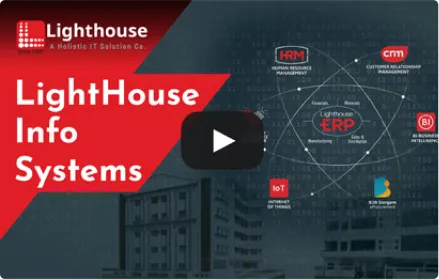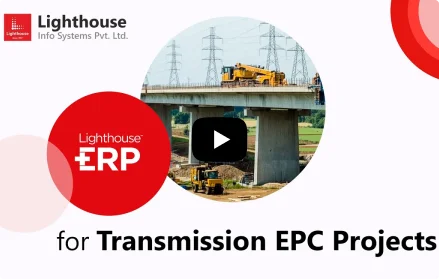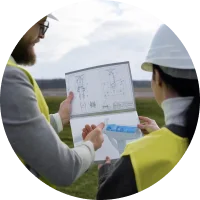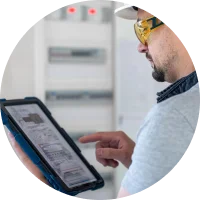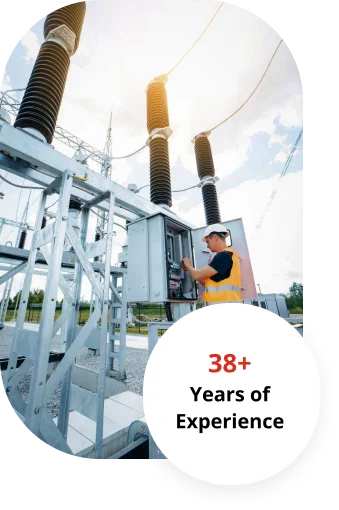
ERP software for the Transmission EPC Project Management Industry
The foundation of infrastructure development projects, including transmission and distribution systems, substations, rural electrification, road and bridge building, solar panel assembly, irrigation systems, and water distribution networks, is EPC, or engineering, procurement, and construction. Large-scale planning, resource coordination, and on-site execution are all part of these projects, and in order to prevent expensive delays, real-time inventory, expense, and timetable tracking are all necessary.
ERP software for EPC (Engineering, procurement and construction) is essential for optimizing operations across the project lifecycle in the Transmission EPC and Civil Engineering industries. Planning, blueprint design, and resource estimation are all part of the engineering phase. Procurement includes logistics, billing, vendor management, and acquiring raw materials. Groundwork, electrical installations, and structural execution are all included in the construction phase. The management process becomes even more difficult when after-sales support and maintenance are included in some projects which can be mitigated with different ERP Modules.
Lighthouse Info provides an Customised ERP solution specifically designed to meet the demands of the EPC sector. Lighthouse ERP has 38 years of domain experience and is designed to meet the changing needs of time-sensitive, high-value infrastructure projects. From tendering and site inventory to project costing and compliance, the ERP system offers end-to-end visibility and control. With built-in automation and business intelligence, it enables precise resource planning, real-time reporting, and informed decision-making helping EPC firms improve execution efficiency and meet project deadlines with confidence.

